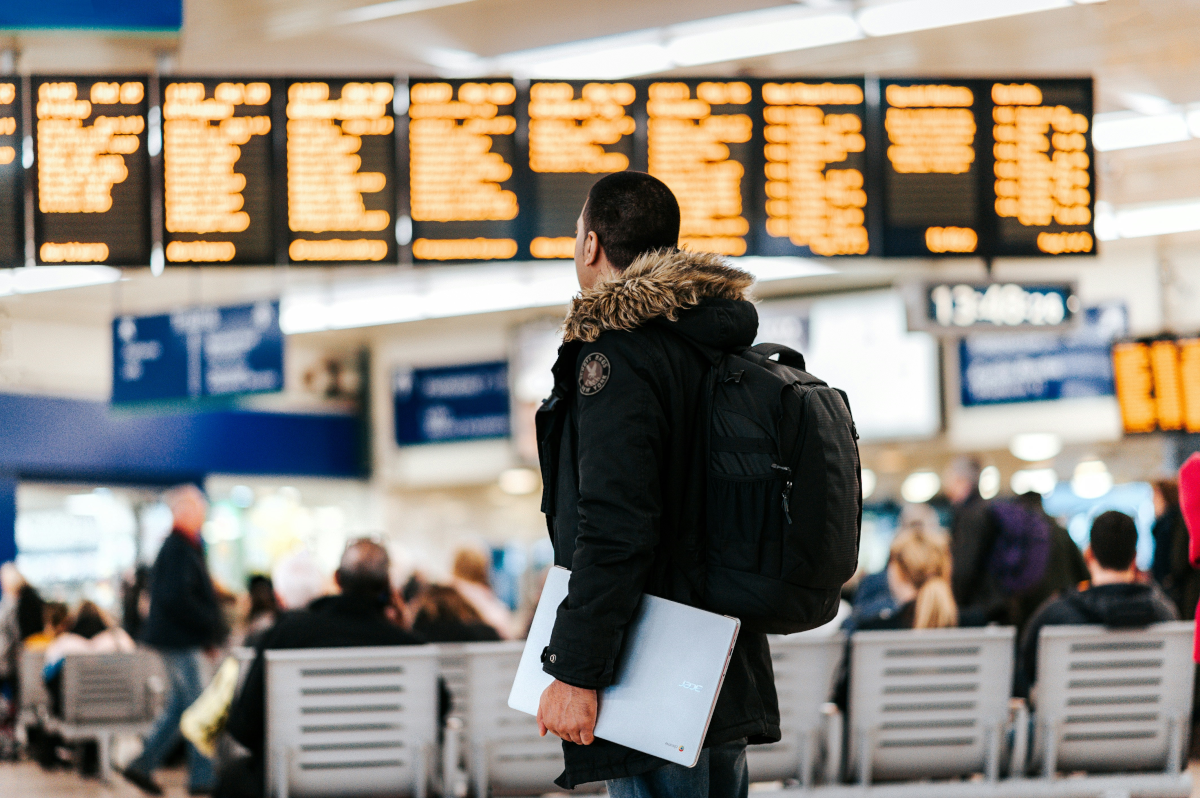As air travel regains its stride worldwide, budget airlines stand to gain the most. According to Spherical Insights, the global market size for low-cost carriers (LCCs) is expected to grow by 16.33% and reach a market size of US $956.9 billion (£757.7 billion) by 2033. This is mainly because most travellers can do away with frills and opt for more affordable flights; their highest priority is to get to their desired destination without hassles.

After all, the ethos of budget flying is getting only what one prefers to pay for. Today, LCCs are reshaping the customised airline travel experience, leveraging technology to meet the needs of modern, budget-conscious travellers. An Amadeus survey revealed that 91% of travel companies, including airlines, are set to beef up their technology investment in 2024 for this purpose. This will affect low-cost travel in various ways:
Efficient travel planning
Managing costs is critical for LCCs to maintain a vital operating strategy; by keeping overheads low, airlines can continue to pass on their savings to consumers by offering the lowest possible airfares. In pursuit of this, efficient online booking technology streamlines the ticketing process, reducing manual intervention and paperwork on the airline’s side while ensuring passenger savings. Case in point, easyJet’s user-friendly booking system allows users to search for cheap flights using the Low Fare Finder; this provides an overview of prices to destinations like France, Germany, and Greece so travellers can find the cheapest flight available, in many cases as low as £14.99. The airline continues to explore other technological innovations to continue providing cheaper fares. easyJet is the first airline to use groundbreaking satellite technology to create optimised flight paths to reduce delays. This minimises stress for flyers while granting more savings for their next flight.
Enhanced customer experience
Newer technologies, such as virtual reality (VR) and artificial intelligence (AI), disrupt airline operations and create new optimisation opportunities. We previously discussed the potential of VR in creating travel inclusivity via virtual journeys in the same way that LCCs facilitate inclusivity by giving more people access to travel. This increased customer size and demand necessitates automation interventions to ensure quick response times, especially across time zones. Many budget airlines, like IndiGo and AirAsia, already leverage AI to answer FAQs, send flight status updates, and cascade booking information. A PROS report details how budget airlines can use AI to refine dynamic pricing strategies. This can identify buying patterns to accommodate as many ticket purchases as possible; more secured tickets mean enhanced customer satisfaction. AI may soon be able to track and analyse customer sentiment over events like delays and cancellations, generating valuable insights to help improve customer experience in future.
Personalised recommendations
Finally, airlines combine various technologies to make personalised recommendations that increase overall conversion rates and enhance passenger satisfaction. A Computer Science and Engineering review details how budget airlines can use behaviour-tracking techniques and chatbot histories to create skillfully tailored travel offers. Notably, a Journal of Revenue and Pricing Management used advanced analytics to create personalised emails for travellers across 20 destinations in Europe and South Africa. After three months of targeted ad rollout, the researchers discovered an additional €5 (£4.29) of revenue per opened personalised email compared to generic emails. Budget airlines could expand personalisation to all aspects of the customer conversion journey, including the actual in-flight experience. Mobile apps or onboard technologies may also tweak their strategies for different passengers. Tailored tech-based approaches make customers feel valued without raising acquisition costs for airlines.
The implementation of novel technologies to revolutionise the budget airline experience is ongoing. In this agile and globalised industry, airlines can maximise existing applications to reduce workforce costs, address customer concerns, and ensure passenger loyalty. At the same time, customers can enjoy the benefits of a highly data-driven travel experience.

Hernaldo Turrillo is a writer and author specialised in innovation, AI, DLT, SMEs, trading, investing and new trends in technology and business. He has been working for ztudium group since 2017. He is the editor of openbusinesscouncil.org, tradersdna.com, hedgethink.com, and writes regularly for intelligenthq.com, socialmediacouncil.eu. Hernaldo was born in Spain and finally settled in London, United Kingdom, after a few years of personal growth. Hernaldo finished his Journalism bachelor degree in the University of Seville, Spain, and began working as reporter in the newspaper, Europa Sur, writing about Politics and Society. He also worked as community manager and marketing advisor in Los Barrios, Spain. Innovation, technology, politics and economy are his main interests, with special focus on new trends and ethical projects. He enjoys finding himself getting lost in words, explaining what he understands from the world and helping others. Besides a journalist, he is also a thinker and proactive in digital transformation strategies. Knowledge and ideas have no limits.


























